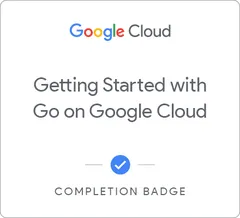
Getting Started with Go on Google Cloud 
Learn the basics of Getting Started with Go on Google Cloud ▼
ADVERTISEMENT
Course Feature
![]() Cost:
Cost:
Free
![]() Provider:
Provider:
ThaiMOOC
![]() Certificate:
Certificate:
Free Certification
![]() Language:
Language:
English
![]() Start Date:
Start Date:
On-Demand
Course Overview
❗The content presented here is sourced directly from ThaiMOOC platform. For comprehensive course details, including enrollment information, simply click on the 'Go to class' link on our website.
Updated in [May 19th, 2023]
This course provides an overview of the Go programming language and how to use it on Google Cloud. Participants will review Go code, and then create and deploy simple Go apps on Google Cloud. Participants will learn how to use the Go language to create and deploy applications on Google Cloud, and how to use the Google Cloud SDK to manage and deploy applications. Participants will also learn how to use the Google Cloud Platform to debug and monitor applications. At the end of the course, participants will have a basic understanding of the Go language and how to use it on Google Cloud.
[Applications]
The application of this course can be seen in the development of web applications, mobile applications, and cloud-native applications. It can also be used to develop microservices, distributed systems, and serverless applications. Additionally, Go can be used to develop command-line tools, data processing pipelines, and machine learning models. With the help of Google Cloud, developers can deploy their Go applications quickly and easily. Furthermore, developers can take advantage of Google Cloud's scalability, reliability, and security to ensure their applications are running optimally.
[Career Paths]
1. Cloud Engineer: Cloud Engineers are responsible for designing, developing, and managing cloud-based applications and services. They must be knowledgeable in cloud computing technologies, such as Google Cloud Platform, Amazon Web Services, and Microsoft Azure. Cloud Engineers must be able to design and develop cloud-based applications and services that are secure, reliable, and scalable. They must also be able to troubleshoot and resolve any issues that arise with cloud-based applications and services. The demand for Cloud Engineers is growing rapidly as more businesses move to the cloud.
2. DevOps Engineer: DevOps Engineers are responsible for automating and streamlining the development, testing, and deployment of applications and services. They must be knowledgeable in DevOps tools and processes, such as continuous integration, continuous delivery, and infrastructure as code. DevOps Engineers must be able to design and develop automated processes that are secure, reliable, and scalable. They must also be able to troubleshoot and resolve any issues that arise with automated processes. The demand for DevOps Engineers is growing rapidly as more businesses move to DevOps.
3. Software Developer: Software Developers are responsible for designing, developing, and maintaining software applications and services. They must be knowledgeable in programming languages, such as Go, Java, and Python. Software Developers must be able to design and develop software applications and services that are secure, reliable, and scalable. They must also be able to troubleshoot and resolve any issues that arise with software applications and services. The demand for Software Developers is growing rapidly as more businesses move to digital transformation.
4. Data Scientist: Data Scientists are responsible for analyzing and interpreting data to uncover insights and trends. They must be knowledgeable in data analysis tools and techniques, such as machine learning and artificial intelligence. Data Scientists must be able to design and develop data models that are secure, reliable, and scalable. They must also be able to troubleshoot and resolve any issues that arise with data models. The demand for Data Scientists is growing rapidly as more businesses move to data-driven decision making.
[Education Paths]
Degree Paths:
1. Bachelor of Science in Computer Science: This degree path provides students with a comprehensive understanding of computer science fundamentals, including programming languages, algorithms, data structures, operating systems, and software engineering. Students will also learn about the latest trends in computer science, such as cloud computing, artificial intelligence, and machine learning.
2. Master of Science in Computer Science: This degree path provides students with an advanced understanding of computer science topics, such as distributed systems, computer networks, and software engineering. Students will also learn about the latest trends in computer science, such as cloud computing, artificial intelligence, and machine learning.
3. Master of Science in Software Engineering: This degree path provides students with an in-depth understanding of software engineering principles, such as software design, software development, and software testing. Students will also learn about the latest trends in software engineering, such as cloud computing, artificial intelligence, and machine learning.
4. Doctor of Philosophy in Computer Science: This degree path provides students with an advanced understanding of computer science topics, such as distributed systems, computer networks, and software engineering. Students will also learn about the latest trends in computer science, such as cloud computing, artificial intelligence, and machine learning.
Developing Trends:
1. Cloud Computing: Cloud computing is becoming increasingly popular as a way to store and access data. Cloud computing allows for the storage and retrieval of data from remote servers, which can be accessed from anywhere in the world.
2. Artificial Intelligence: Artificial intelligence (AI) is becoming increasingly popular as a way to automate tasks and make decisions. AI can be used to analyze data, identify patterns, and make predictions.
3. Machine Learning: Machine learning is becoming increasingly popular as a way to automate tasks and make decisions. Machine learning algorithms can be used to analyze data, identify patterns, and make predictions.
4. Internet of Things: The Internet of Things (IoT) is becoming increasingly popular as a way to connect devices and systems. IoT can be used to monitor and control devices, as well as collect and analyze data.
Course Provider

Provider ThaiMOOC's Stats at AZClass
Discussion and Reviews
0.0 (Based on 0 reviews)
Explore Similar Online Courses

Social Network Analysis

Understand ADHD - Online Course

Python for Informatics: Exploring Information

Introduction to Systematic Review and Meta-Analysis

The Analytics Edge

DCO042 - Python For Informatics

Causal Diagrams: Draw Your Assumptions Before Your Conclusions

Whole genome sequencing of bacterial genomes - tools and applications
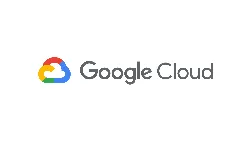
Serverless Data Processing with Dataflow: Develop Pipelines
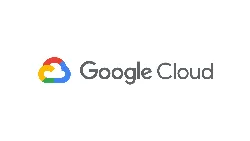
Serverless Data Processing with Dataflow: Foundations
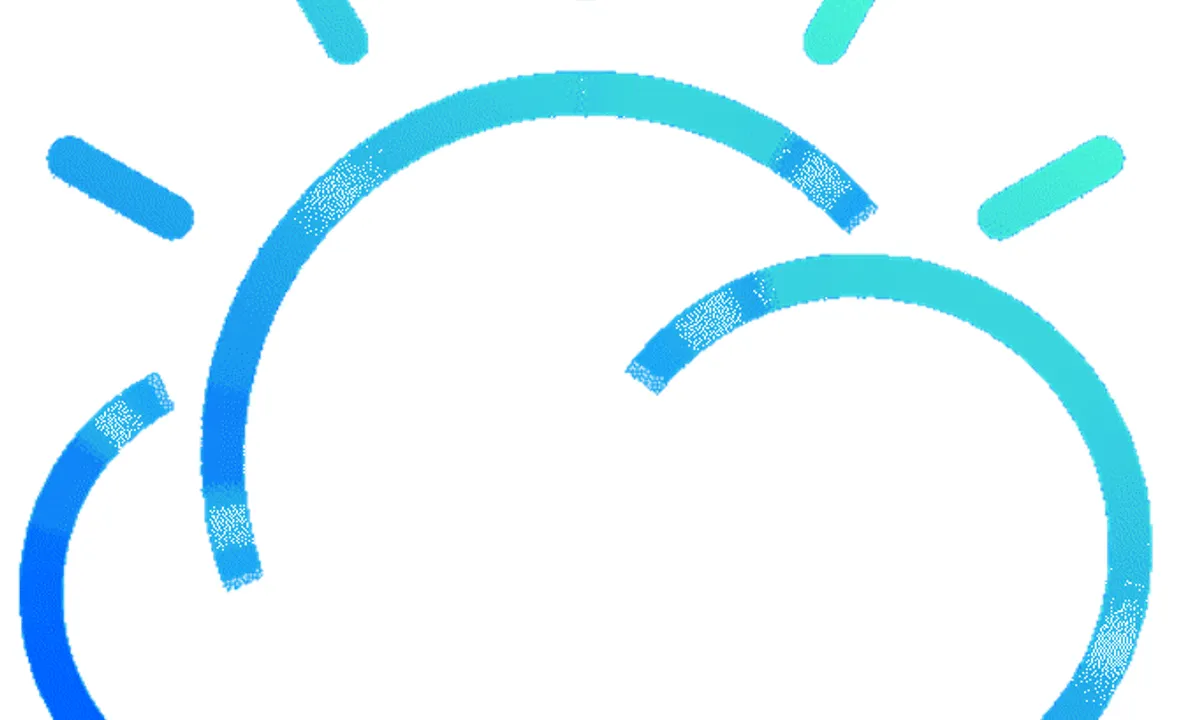
IBM Cloud Essentials
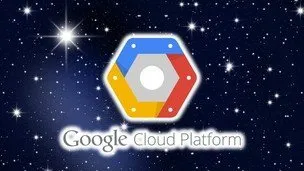

Start your review of Getting Started with Go on Google Cloud